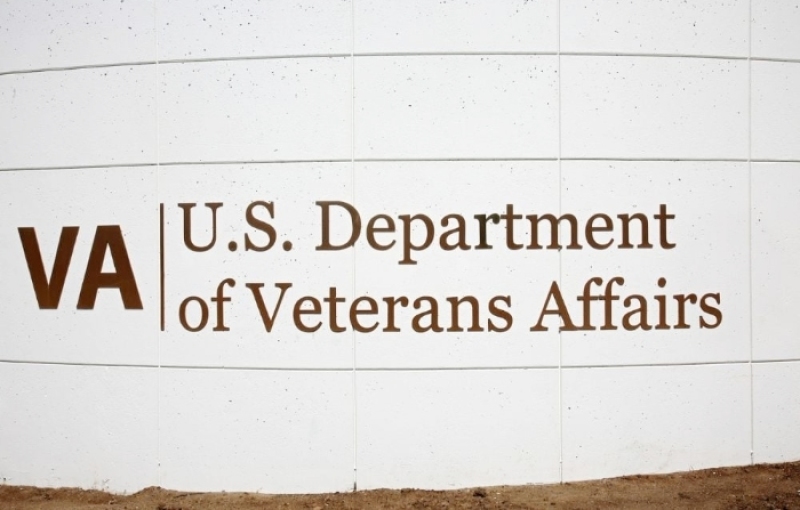
The U.S. Department of Veterans Affairs has announced a proposed rule in the Federal Register indicating its intention to reverse the Biden administration’s policy, which allowed taxpayer-funded VA hospitals to perform abortions and offer counseling in cases of rape, incest, or medical emergencies.
The Biden-era regulation was introduced in 2022, shortly after the Supreme Court’s Dobbs v. Jackson decision led several states to impose near-total abortion bans. This rule permitted VA hospitals in these states to carry out abortions under the specified circumstances.
“We believe the 2022 interim final rule was not only inappropriate as a matter of fact but also was legally questionable. The only time Congress has specifically addressed VA's authority to provide abortions was in 1992 in section 106 of the Veterans Health Care Act of 1992,” the proposed rule states.
The proposal emphasizes that the law had authorized the VA to provide “general reproductive health care,” but explicitly excluded “infertility services, abortions, or pregnancy care (including prenatal and delivery care).”
It also clarifies that the VA has “never understood this policy to prohibit providing care to pregnant women in life-threatening circumstances, including treatment for ectopic pregnancies or miscarriages, which were covered under the VA's medical benefits package prior to the 2022” policy change.
“The exclusion for abortion does not apply ‘when a physician certifies that the life of the mother would be endangered if the fetus were carried to term,’” the proposed rule continues, highlighting, “No State law prohibits treatment for ectopic pregnancies or miscarriages to save the life of a mother.”
The proposed rule was approved by Secretary of Veterans Affairs Doug Collins on July 24. Under federal law, there is a 30-day public comment period for proposed rules published in the Federal Register. This period is set to conclude on September 3.
In a statement Friday, Carol Tobias, President of National Right to Life, said that the proposed rule "reflects a return to longstanding policy and a reaffirmation of the department’s mission to provide life-affirming, medically necessary care to our veterans and their families.”



















